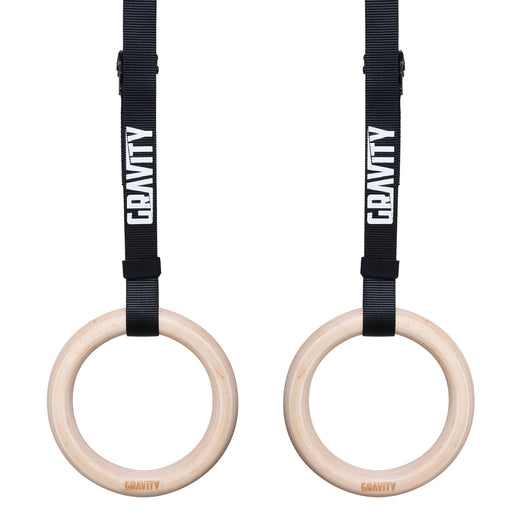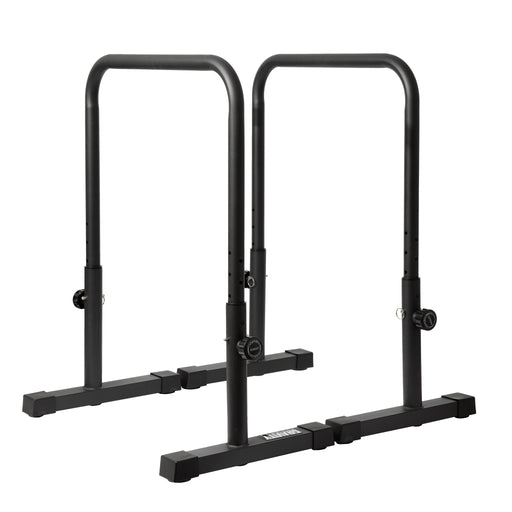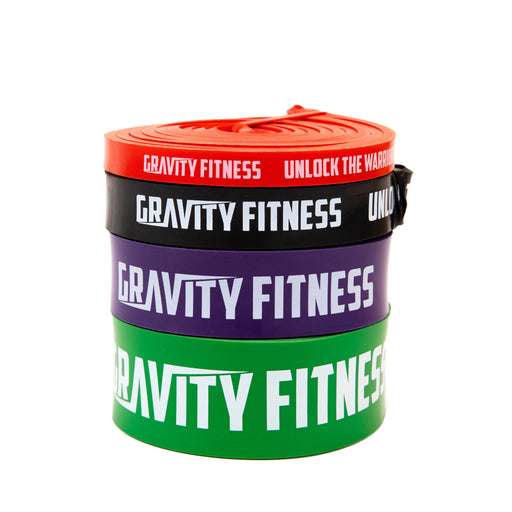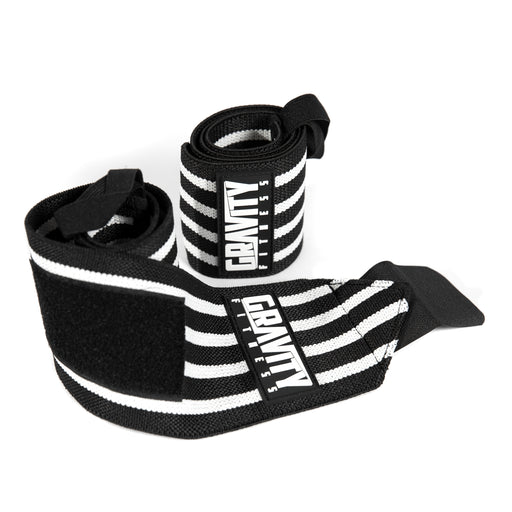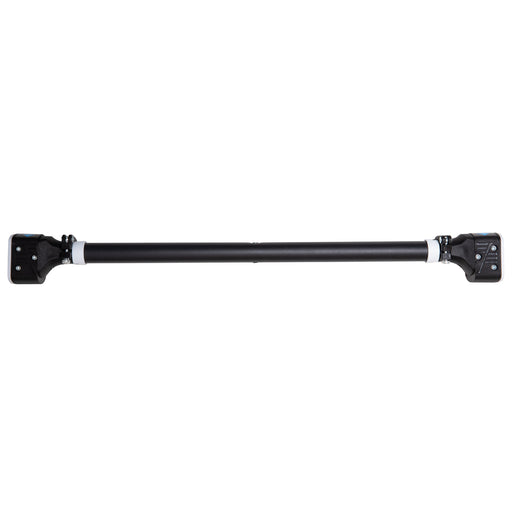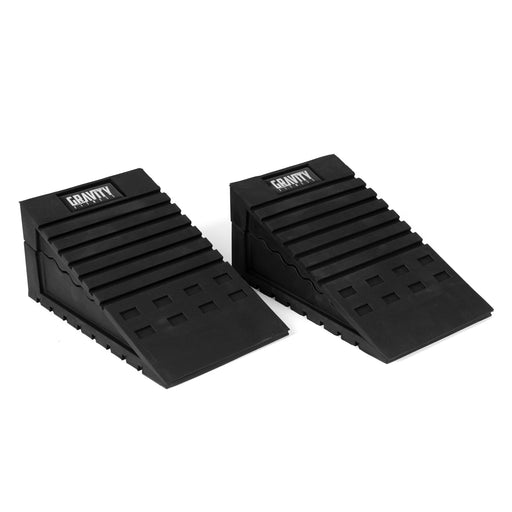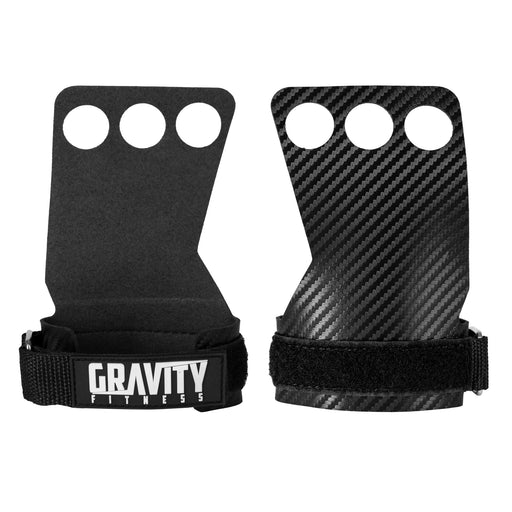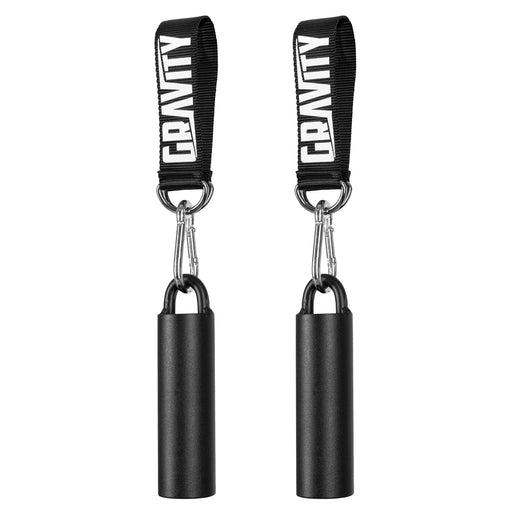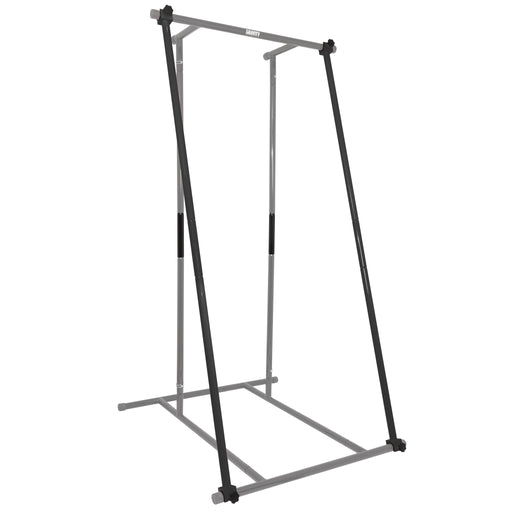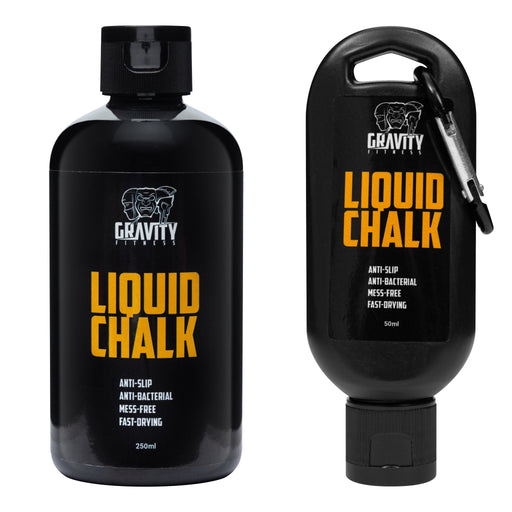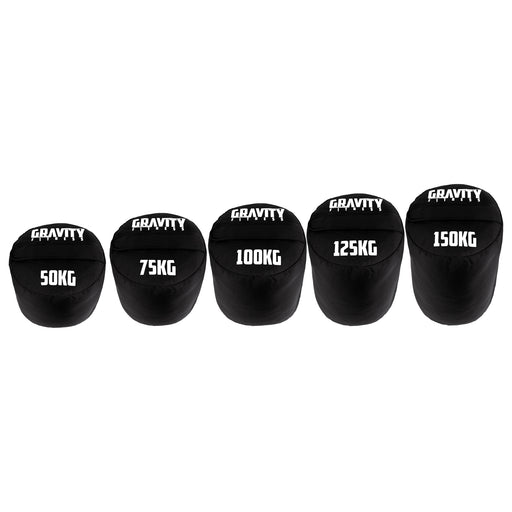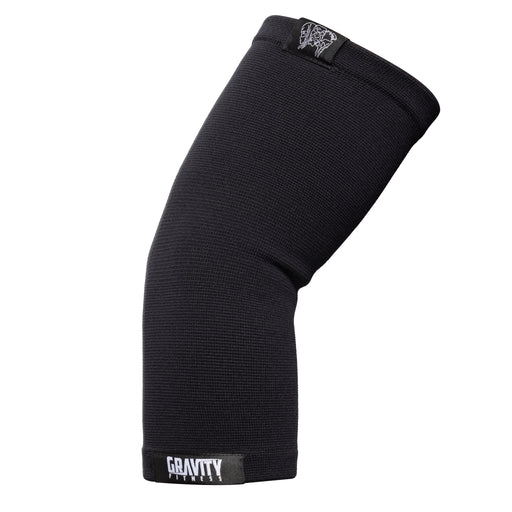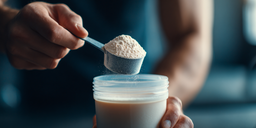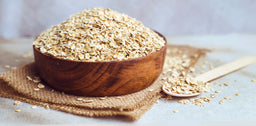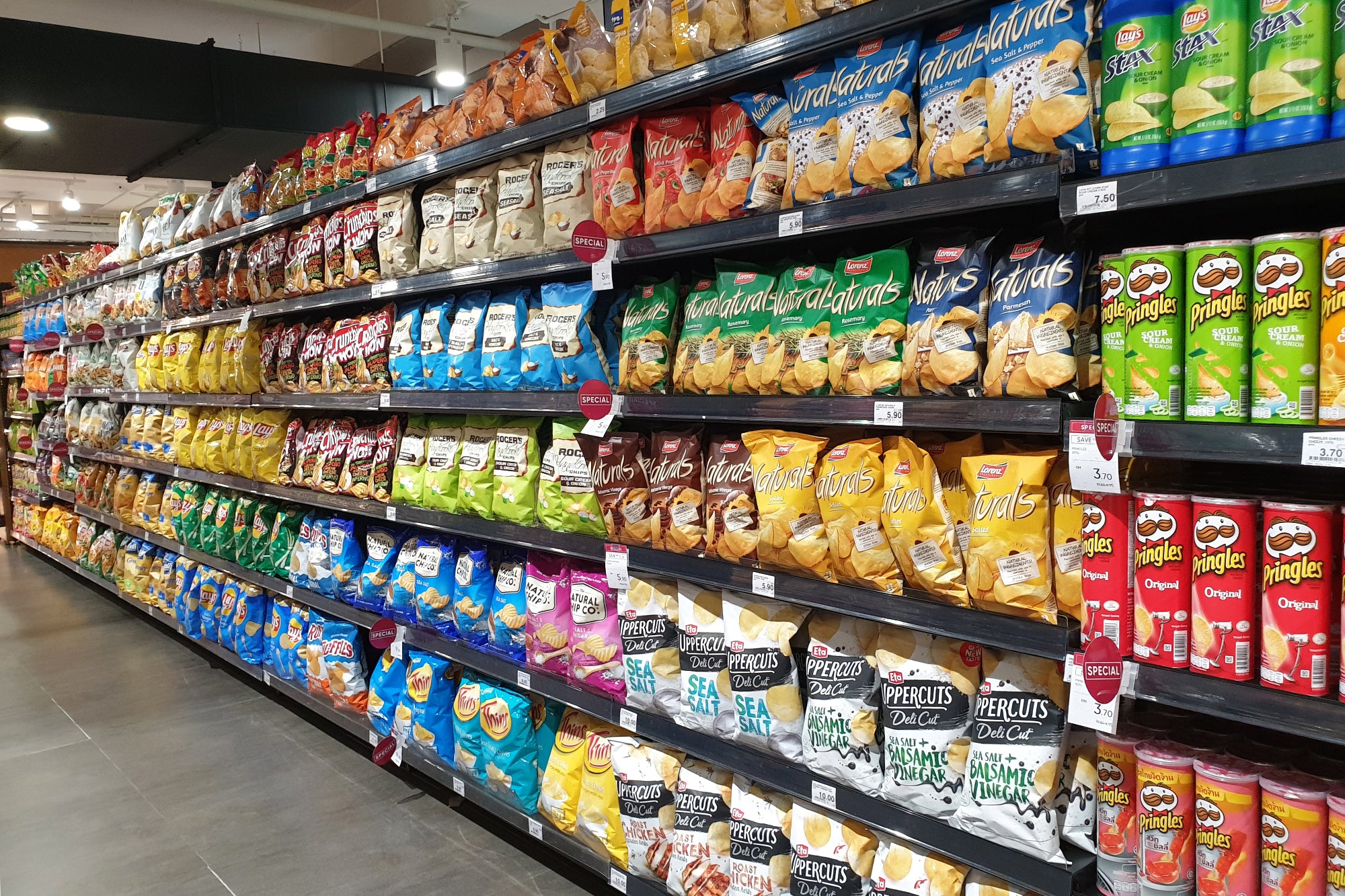
Why ultra processed "skinny" diet foods are damaging your progress
Why ultra processed "skinny" diet foods are damaging your progress
Do you use zero calorie and skinny diet products when you’re losing weight? Here’s why they can hold you back from making progress – and even damage your relationship with food.
When you want to lose body fat, it’s tempting to cut out all necessary calories to speed up the process. After all, anyone who knows anything about body composition knows that a calorie deficit is necessary for fat loss.
And these days there are skinny or zero versions of almost everything, from syrups to sweets and chocolate to cocoa. Surely it’s a good idea to use these ultra-low calorie replacements when the whole point is getting into a calorie deficit? On the face of it, the approach makes sense. Fewer calories = more of a deficit = faster fat loss. But the truth is these “skinny” diet foods can actually damage your progress.
What are ultra processed foods (UPFs)?
Ultra processed foods are – as the name suggests – heavily processed. They are usually entirely manmade or very far removed from their natural original state. Ultra processed foods have a long shelf life and contain lots of preservatives, emulsifiers, and artificial ingredients.
Ultra processed foods are usually really convenient. As part of a balanced diet, they’re not the end of the world. But when you are dieting, and therefore reducing your caloric intake, you should be increasing the nutritional profile of your diet not reducing it. That’s why eating lots of ultra processed foods on a fat loss diet – even if those foods contain zero calories – isn’t a great idea.
What are skinny and zero cal diet foods?
These days there’s a zero or very low calorie replacement for almost every high calorie food out there. Skinny syrups, low cal coffee creamers, sugar-free sweets and other such “skinny” diet products can sound appealing. But these foods are ultra processed and contain hardly any nutrition. All they are doing is scratching an itch.
How can ultra-low calorie or zero calorie foods ruin your diet?
You might wonder how any product that helps you maintain a calorie deficit could possibly be bad for your dieting efforts. After all, calories are king (or so we’re told). What’s so bad about a processed zero-cal syrup in your coffee if it keeps you on track?
On the face of it, you’re right. But look a little deeper and you’ll see how these fake diet foods can be really bad for your body and your emotional connection with food.
What’s wrong with skinny diet food products?
If you’re curious about using skinny diet foods and fake zero calorie replacements, or you’re already heavily dependent on them any time you diet, why not consider the main factors that make these food replacements problematic.
5 pitfalls of using skinny or zero calorie diet replacements
1. They’re ultra processed – as we’ve already said, these skinny and zero foods are ultra processed, and experts warn against over consumption of ultra processed foods.
2. They contain no actual nutrition – fake diet foods like skinny syrups contain absolutely no valid nutrition in terms of macronutrients, calories (energy), vitamins or minerals.
3. They may spike appetite and cravings – some people find that by eating foods that have no satiating factor and no nutrients, their body actually starts craving more food to fill the gap, and this can lead to overeating.
4. They don’t address underlying food habits – by using a skinny food to mask a craving, you don’t actually do anything to deal with the reason you crave the food in the first place.
5. They may damage your relationship with food – many former dieters say their use of skinny fake diet food replacements has left them with a disordered view of whole foods like honey, sugar, cream, or butter.
Are diet foods addictive?
The addiction question is an interesting one. Whilst there’s no evidence to prove that skinny diet foods are physically addictive, many people become heavily reliant on them and find it hard to stop using them even after their diet. So whilst they may not be truly addictive, you might find them hard to let go of.
Ultra processed foods can override our body's natural appetite hormones, leading us to overeat or even binge. Fake diet foods can trigger the release of "feel-good" neurotransmitters, especially if they’re similar to foods you usually crave. And when you’re trying to lose weight in a healthy way, this is bad news.
How to lose fat without ultra processed diet foods
There’s nothing wrong with having a fat loss goal. But there are better ways than fake diet foods to achieve the necessary calorie deficit.
1. Eat satisfying meals and snacks – don’t make yourself miserable with tiny portions, bulk food out with lower-calorie vegetables
2. A little of what you fancy – rather than overdoing it with skinny fake diet versions of your favourite food, try having just a small bit of the real thing.
3. Prioritise proper nutrition - protein and fibre help you feel full and dietary fats slow down digestion
4. Build muscle – focus on strength training to build muscle which will keep your metabolic rate higher
5. Stay active – move around more, get your steps in, add more walking to your day, it all adds up to support fat loss.
Gravity Fitness is here to support you on your fitness and strength journey. Check out our online store for gym and home fitness kit so you can enjoy training how, when, and where you want.













